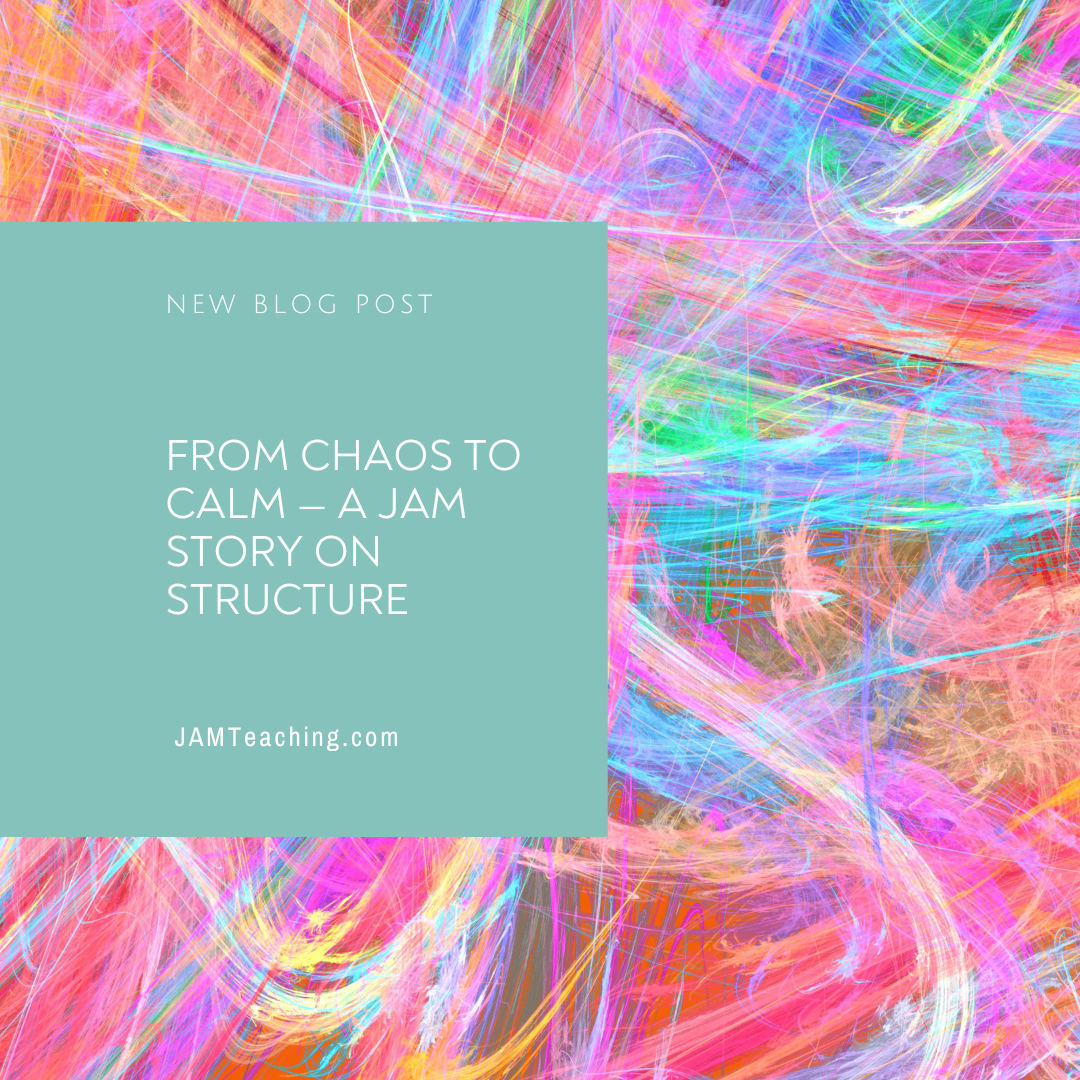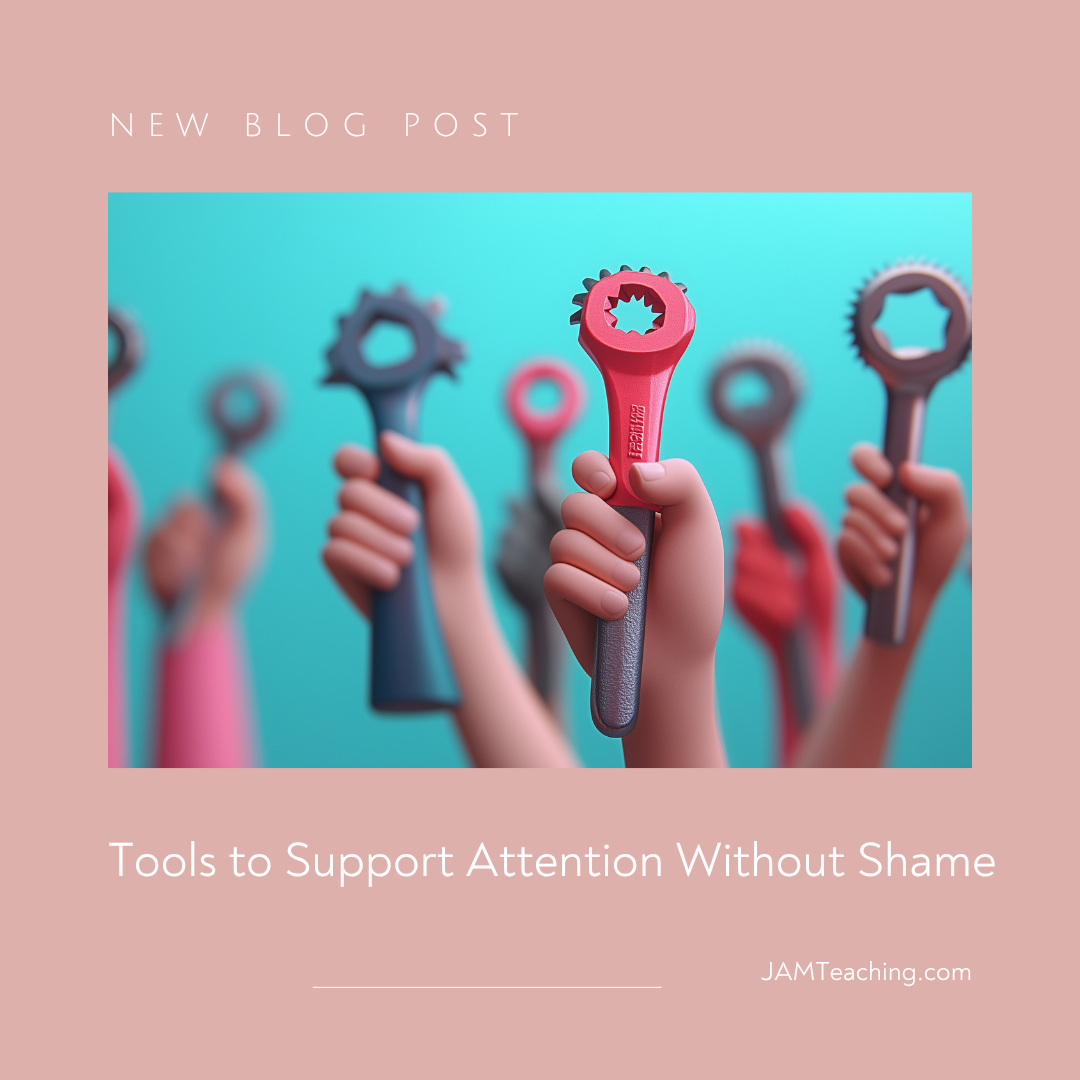
When a student is struggling — really struggling — we often focus on performance. Are they turning in assignments? Following directions? Staying organized? However, the truth is that performance is a byproduct. What we should be asking is: Do they feel safe? Do they trust themselves? Do they believe they can recover when things go wrong?
At JAM, our work starts there. We support academic growth, yes — but always through the lens of relationship, trust, and emotional safety. We see over and over again that when kids feel connected and seen, they show up differently. They try harder. They bounce back faster. They take ownership.
We started working with a student who was completely overwhelmed and shut down. He wasn't turning in work, avoided feedback, and checked out the moment something felt hard. And honestly? It made sense. He had fallen behind and didn't have the systems, skills, or confidence to catch up. No one had stopped to ask what he needed — they just kept pushing him to perform.
He didn't need more pressure. He needed someone to slow down, get curious, and build trust. We started with structure — predictable weekly check-ins, a clear plan for managing assignments, and small, realistic goals. Nothing flashy. Just consistency and follow-through. We focused on helping him regain his sense of competence.
As he began experiencing success, even in small moments, we reflected together on what helped. What made this week feel easier? What's a system we can repeat? He started showing up differently. He organized his materials. He asked for help early. He began to feel in control of his progress.
The turning point wasn't a perfect report card. It was the day he said, "I've got this — I already made a plan." That's the shift we look for. That's resilience. That's independence.
This is what our work at JAM looks like. It's not about forcing compliance or creating quick wins. It's about helping kids feel emotionally safe enough to take risks, supported enough to try again, and empowered enough to lead their growth.
The academics matter — but they don't stand alone. Executive functioning, emotional regulation, trust in adults, and belief in themselves — those are the skills that stick.
If your child is struggling and you’re not sure what they need, we can help you figure it out. At JAM, we build trust first, then layer in the structure, tools, and emotional support that lead to real progress. Reach out — we’ll walk through it together.












.png)